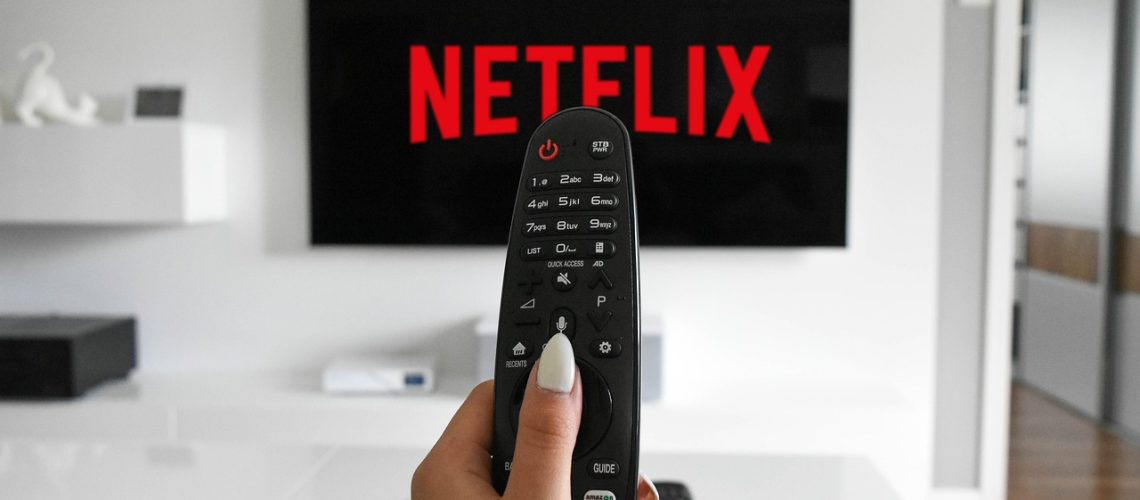Netflix is at the centre of a data privacy cliffhanger as the Dutch DPA indicates it is likely to be slapped with a €475 million fine. Netflix‘s potential GDPR infringements can serve as a warning for businesses across the globe, underscoring the need for stronger data protection measures.
What Happened?
Netflix faces non-compliance charges related to GDPR users’ right to access their data. Reports claim Netflix failed to provide adequate transparency and timely responses to users requesting access to their personal data. The Dutch DPA’s investigation found gaps in Netflix’s processes for handling data subject requests, a critical area of GDPR compliance.
This potential fine signals the seriousness with which GDPR breaches are treated and highlights the stakes for organisations that don’t meet their data privacy obligations.
Key Takeaways for Businesses
Transparency Is Essential:
GDPR requires organisations to provide clear, accessible information about how personal data is processed. Businesses must ensure their privacy policies and communication mechanisms are easily comprehensible.
Efficient Handling of Data Subject Requests:
GDPR gives individuals the right to access, update, or delete their personal data. Organisations need robust processes to respond to these requests within one month. This case illustrates how delays or inadequate responses can result in hefty fines.
Local Enforcement Powers Are Growing Stronger:
The Dutch DPA’s investigation underscores the increasing vigilance of national authorities in enforcing GDPR compliance. Multinational corporations must account for varying interpretations of GDPR requirements in different jurisdictions.
Accountability Is Non-Negotiable:
GDPR demands not just compliance but the ability to prove it. This includes keeping detailed records of data processing activities and conducting regular audits to mitigate potential risks.
Customer Trust Is at Stake:
Beyond financial penalties, cases like this can undermine customer trust. Consumers are becoming more conscious of their data rights, and companies that fail to protect these rights risk damaging their reputations.
How to Improve GDPR Compliance
Invest in Privacy Technology:
Automation tools like GDPR Register can help streamline compliance tasks, including processing data subject requests and maintaining records of processing activities.
Regular Training for Teams:
Data protection is a cross-functional responsibility. Regular training for employees, particularly those handling personal data, can mitigate risks.
Conduct Data Protection Impact Assessments (DPIAs):
DPIAs are mandatory for high-risk processing activities, helping organisations assess and address potential privacy-related risks.
Engage Legal and Compliance Experts:
Partnering with legal and data privacy professionals can help your organisation stay ahead of regulatory requirements and enforcement trends.
Prioritise User-Centric Practices:
Build trust by designing data practices that prioritise user rights and privacy. Ensure users can view, edit, or delete their data as required under GDPR.
Final Thoughts
The potential €475 million fine for Netflix is a wake-up call for any organisation operating in the digital economy. With regulators stepping up enforcement, companies that proactively mitigate risks and invest in robust compliance frameworks will be better positioned for long-term success.
As regulators intensify their enforcement, organisations that invest in robust compliance frameworks and user-centric data practices will not only mitigate risks but also position themselves for long-term success in a privacy-conscious world.
Non-compliance affects more than finances—it impacts customer loyalty, brand reputation, and operational efficiency. Learning from cases like this provides businesses with valuable lessons to strengthen their data protection efforts and thrive in a privacy-focused world.
Don’t wait for a GDPR cliffhanger of your own—take proactive steps today to strengthen your compliance strategy and future-proof your business.












